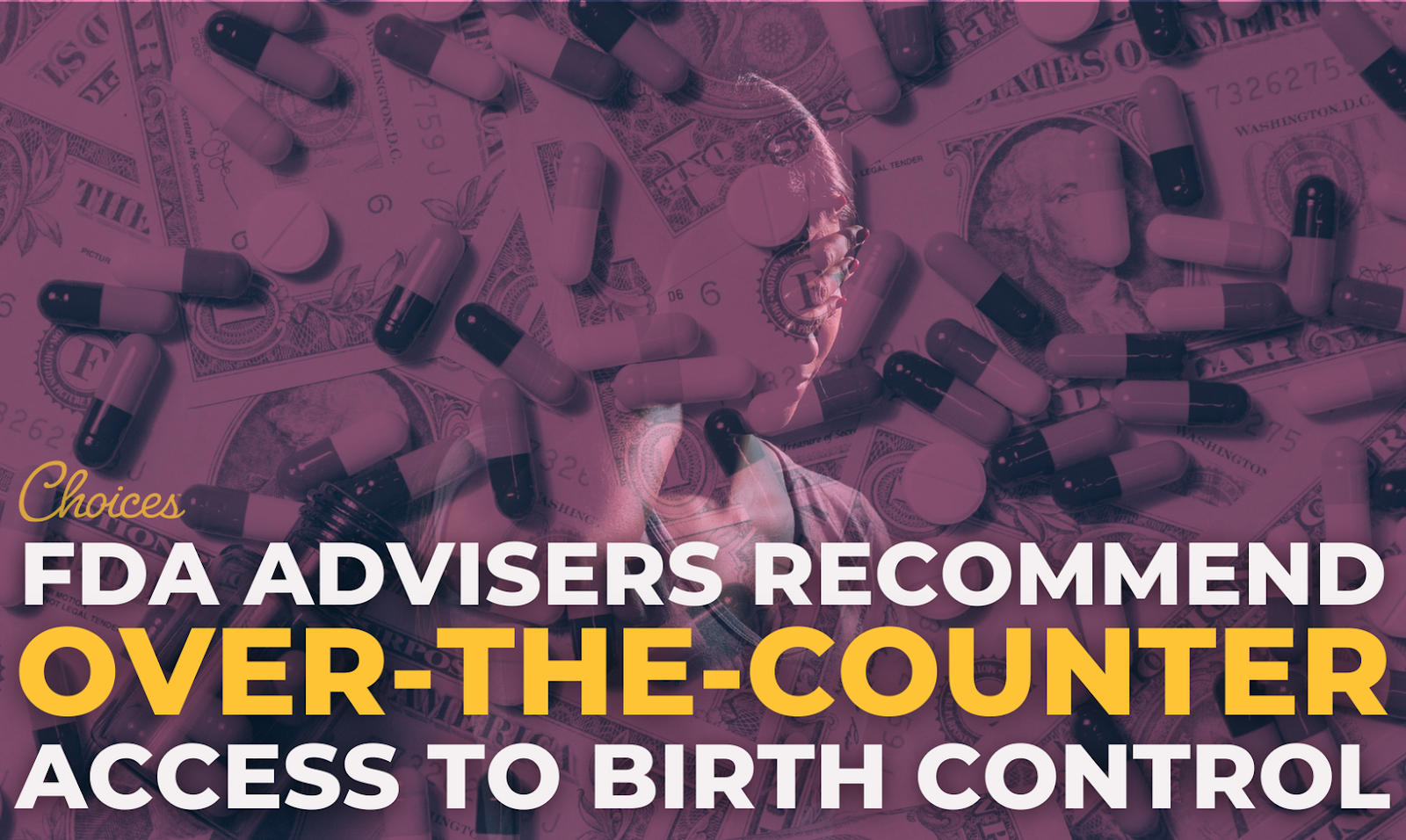A panel of experts convened by the US Food and Drug Administration (FDA) has recommended that certain types of hormonal birth control should be made available over the counter (OTC) without a prescription.
The recommendation was made after reviewing evidence that demonstrated the safety and efficacy of these forms of contraception and is expected to increase access to birth control for women who face barriers to accessing healthcare, such as cost or lack of transportation.
The hormonal birth control types recommended for OTC status were oral contraceptive pills and contraceptive patches. According to the panel’s recommendation, these forms of birth control should be made available without a prescription for individuals 18 years or older who have completed a self-screening questionnaire to ensure that they are appropriate candidates for hormonal contraception.
Unsupervised Birth Control: What Are the Risks?
Critics of the recommendation have raised concerns about the potential risks of self-administered hormonal contraception and the need for adequate counseling and education about contraception.
Some of the risks associated with birth control include but are not limited to the following:
- Hormonal Imbalance: Without proper medical supervision, women may unknowingly choose a birth control method that disrupts their hormonal balance, leading to irregular menstrual cycles, mood swings, or other adverse effects.
- Inadequate Protection: Medically unsupervised birth control may offer insufficient protection against unintended pregnancies. Women may lack the knowledge or understanding to correctly use their chosen birth control method, increasing the likelihood of failure.
- Undiagnosed Health Conditions: Young women may have undiagnosed health conditions, such as polycystic ovary syndrome (PCOS), endometriosis, or other hormonal disorders, which can affect the effectiveness and suitability of certain birth control methods. These conditions may go undetected without medical supervision, resulting in inadequate or inappropriate contraception.
- Increased STI Transmission: Medically unsupervised birth control does not protect against sexually transmitted infections (STIs). Women who engage in sexual activity without proper guidance may be at a higher risk of contracting STIs due to inconsistent or incorrect condom use.
- Some birth control methods can have side effects ranging from mild to severe. Women taking medically unsupervised birth control may be unaware of potential risks, including headaches, nausea, weight gain, blood clots, or mood changes.
- Additionally, women diagnosed with breast cancer or at an elevated risk of developing breast cancer should refrain from using birth control. This circumstance raises concerns as it increases the likelihood of women unknowingly using birth control without knowing the potential risks associated with their condition.
Despite these concerns, many reproductive health advocates have welcomed the FDA advisory panel’s recommendation.
How Can You Help?
Young women making decisions about birth control without medical supervision face potential long-term consequences of their choices, both physically and emotionally. This makes our ministry and our work at Choices Pregnancy Centers more vital than ever.
Join us in our mission to provide training, information, education, and support for girls who may face numerous unintended consequences arising from this new ruling.
You can help through donations, prayer, volunteering, and more. Call or visit our website for more information.






